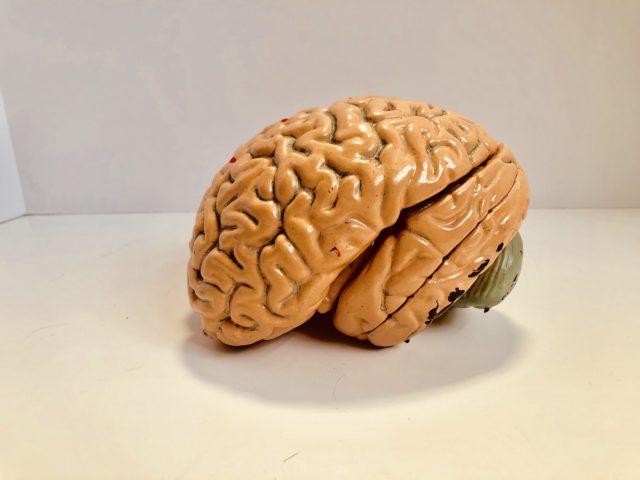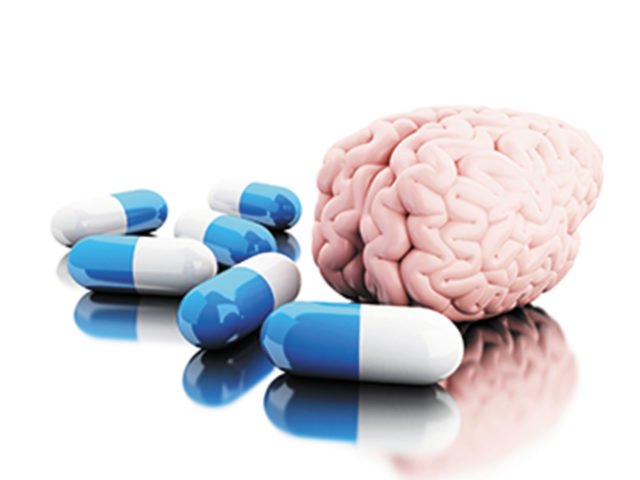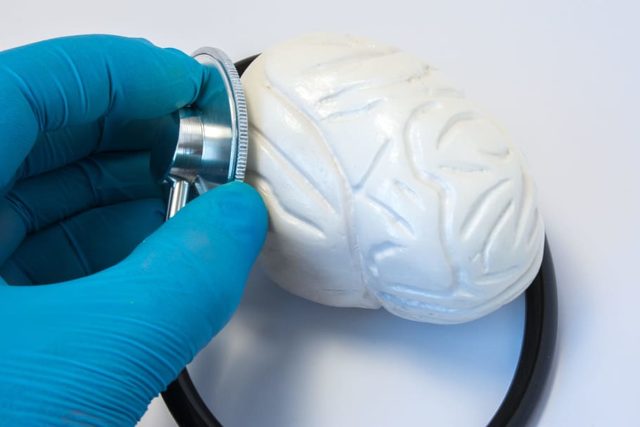
Does your focus and concentration ebb and flow from day to day? It’s something that many people deal with on a daily basis, impacting people across different age groups. Maybe you just saw yet another news story on Alzheimer’s, and you want to do everything you can to keep your brain healthy for life.
There are definitely ways to improve brain function and health, and science is continuing to learn more about this most important part of our body. Below are a few steps you can take to maximize your mental alertness and function now while also working to prevent problems down the road.
Sleep Is Critical

Accomplishing practically anything positive starts with a good night’s sleep. Whatever you’re planning for your day, it’s going to be a lot harder if you are having to drag yourself from task to task because you’re exhausted. Sleep is known to be important for a number of brain functions, and this includes how neurons communicate.
You should aim for a target of seven to eight hours of sleep each night. If you have to get up early the next day, then get to bed earlier the night before. Too many of us try to accommodate our busy lives by cutting corners on important fundamentals such as sleep. This compromises many aspects of your health over the long-term including your brain health.
Establish a Healthy Diet

This one is a no-brainer. Eating well is, of course, one of the biggest steps to a healthier body and a more vibrant life overall, so it’s no surprise that this also applies to our brain. When it comes to brain health, in particular, eating fatty fish, such as salmon or trout, is one common recommendation.
These are rich in omega-3 fatty acids. Your brain’s composition is approximately 60 percent fat, and about half of this is of the omega-3 variety. These particular fatty acids are used by your body to build brain and nerve cells, and they’re known to help with learning and memory.

Beyond fish, optimal brain health is promoted by consuming a diet that includes blueberries and broccoli as well as the spice turmeric. Blueberries contain anthocyanins, which have an anti-inflammatory effect that is believed to lower the risk of neurodegenerative diseases.
Broccoli is rich in antioxidants and also contains plenty of vitamin K, which is critical for forming a type of fat used in brain cells. The health benefits of turmeric have been touted in recent years, and many of these have to do with the brain. Its powerful antioxidant and anti-inflammatory properties can help benefit your memory, reduce depression and help with brain cell growth.
Explore Supplements for Optimal Brain Health

The truth is that it’s exceedingly difficult to get all the nutrients you need from your diet. We all have days when you are having to rush from place to place, and the office vending machine has to substitute for a proper snack or meal. This is where supplements come in to provide us with the nutrients we’re not getting from our diet.
Firstly, functional supplements are a great place to start. Health Naturals has a great guide on discovering which functional supplements will work best for you. These can work directly to fix issues, whether you’re having trouble sleeping or in need of a boost in focus. The key is to make sure you’re buying from reliable stores, and not just the first site you found advertising online.
As for your more common dietary nutrients, fish oil capsules are a top supplement for supporting brain health. Maybe you don’t get enough fish in your diet. It is relatively expensive compared to entrees like chicken, for instance, or maybe you just don’t like fish. Phosphatidylserine supplements are seen as helping maintain brain health. While more studies are needed, this fat compound has shown some potential in improving memory.
There are some who recommend acetyl-L-carnitine. This amino acid can make you feel more alert and could be useful in reducing cognitive decline in the elderly. There are a number of specific nutrients that are also recommended for brain health that would require their own article to go in-depth on. These include ginkgo biloba, bacopa monnieri, rhodiola rosea and resveratrol.
While the aforementioned supplements are important, you don’t want to forget the basic vitamins that are good for brain health. These include vitamins B, C, E and K. Vitamin K was already mentioned when discussing adding broccoli to your diet. Vitamin B12 deficiency has specifically been correlated with poor brain health, and B6 is another important B vitamin for brain health. Vitamins C and E help because of their high antioxidant content.
Stay Mentally Active

In a way, your brain is like a muscle. When you don’t use them, they start to atrophy and weaken. To keep your brain sharp, use it on a regular basis. Different people will have varied ways of doing this. Maybe you’re into crossword puzzles. If you have artistic inclinations, you could draw or doodle something.
You are constantly having to evaluate things such as where you need to draw a line or shape next to get to the final image you’re going for. Jigsaw puzzles are another option where you’re constantly having to reason where all the pieces fit. Basically, pick some regular mental activities beyond the totally passive one of sitting on the couch and watching TV.
Strong, Positive Relationships Aid Brain Health

People who have strong, supportive relationships with friends and family have been known to be happier and have fewer health problems in general. This is a factor in brain health as well. It is believed that when you have supportive relationships, this reduces your stress levels, which means your body is producing fewer stress hormones. These hormones can have deleterious effects on our body overall and our brain in particular. Specific to brain health, such relationships also help to keep you mentally active.
Exercise Regularly

Many of us may already exercise to generally stay fit and keep those extra pounds off. Exercise, particularly cardiovascular exercise, has numerous benefits throughout the body that, not surprisingly, also benefit the brain.
For starters, it improves your blood circulation. It also reduces stress. Some studies show that parts of your brain known for controlling memory and thinking are actually larger in people who exercise regularly. So, when you experience that you have a better, more productive day when you start that day with a workout, it’s no coincidence.








